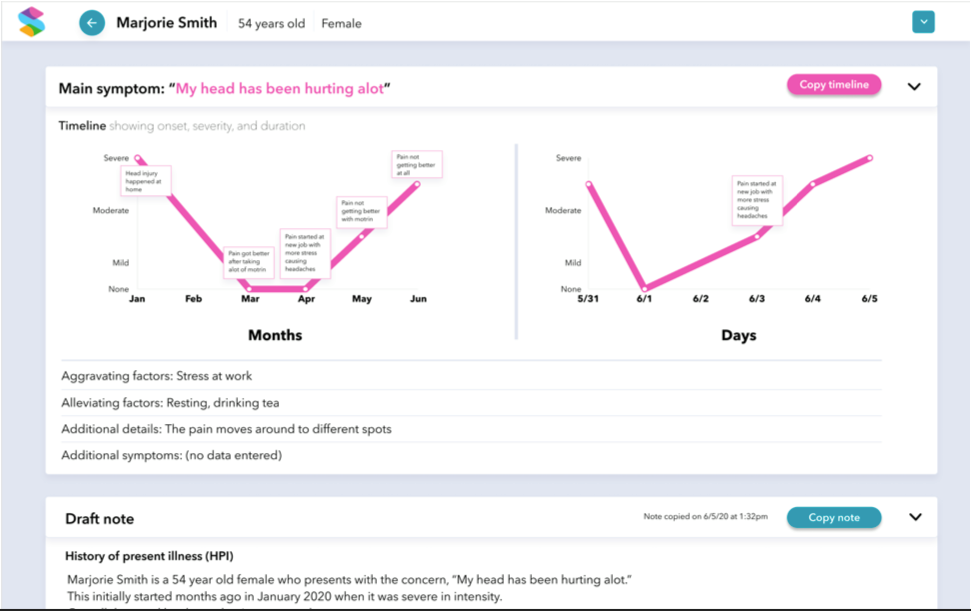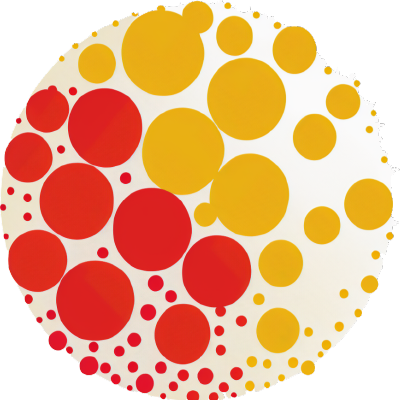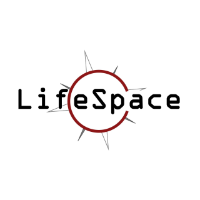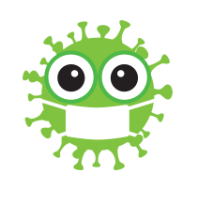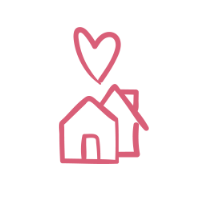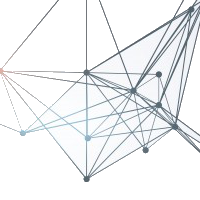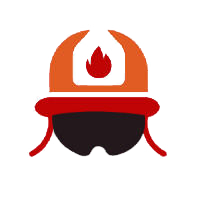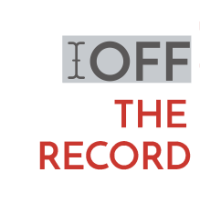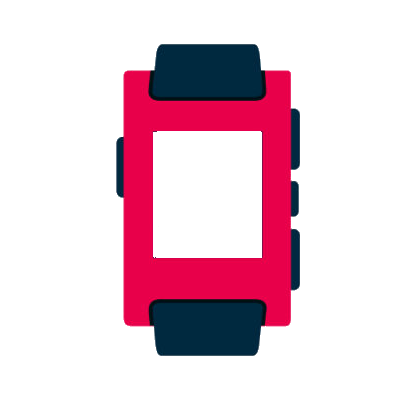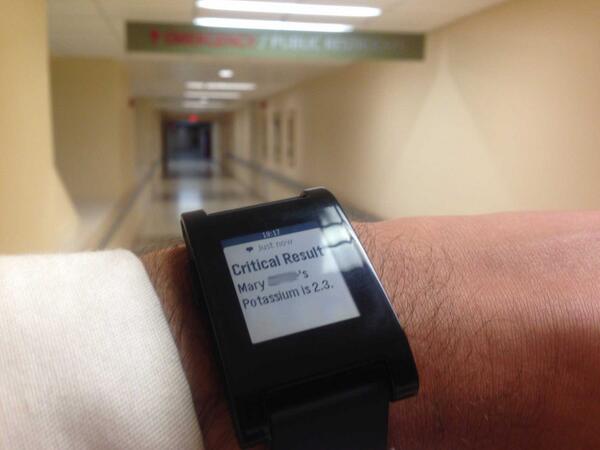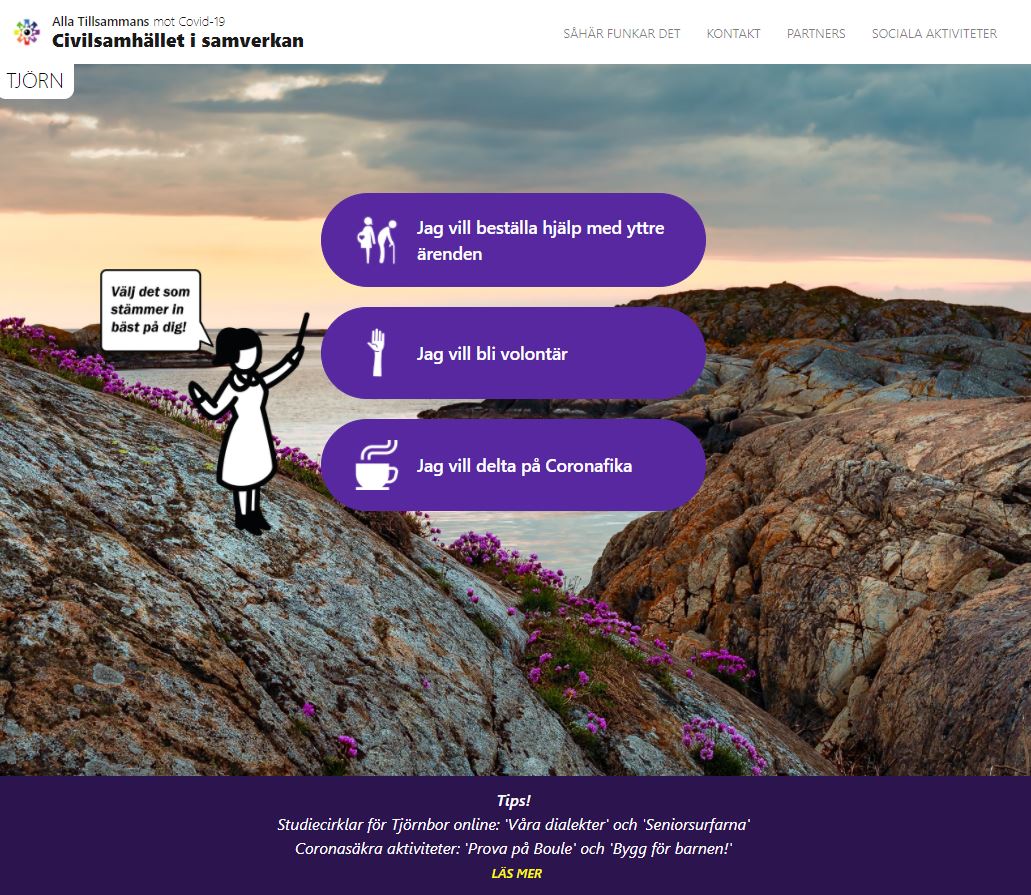I combine my expertise as a board-certified internal medicine physician, software engineer, and board-certified clinical informaticist
to create transformative solutions for healthcare.
I serve as Technology Architect for Stanford Medicine Catalyst,
the flagship innovation program of the Stanford School of Medicine and Stanford Health Care. In this role, I design, develop, and implement innovations across digital health,
AI, diagnostics, and therapeutics. Notable projects include AI-driven platforms for Parkinson's care, chronic cardiovascular disease management, and precision pharmacogenomics
that are helping patients receive more personalized and effective care.
At the Stanford Mussallem Center for Biodesign,
I help lead the Center's digital health efforts, including teaching, research, and real-world implementation.
I co-invented Stanford Spezi,
an open-source framework adopted by leading healthcare organizations worldwide to create standards-based digital health solutions
for clinical care and research. I also teach CS342/MED253: Building for Digital Health,
bringing together computer science, engineering, and medical students to develop real-world solutions for Stanford Medicine and industry partners.
My early career focused on pioneering clinical AI applications, particularly conversational agents and unstructured health data analysis.
I co-founded a TechStars-backed startup, developed COVID-19 solutions deployed internationally, and contributed to the IEEE's first family
of mobile health data standards.
Alongside my technology work, I maintain my connection to clinical practice as an Internal Medicine physician providing
comprehensive primary care to a diverse patient population.
